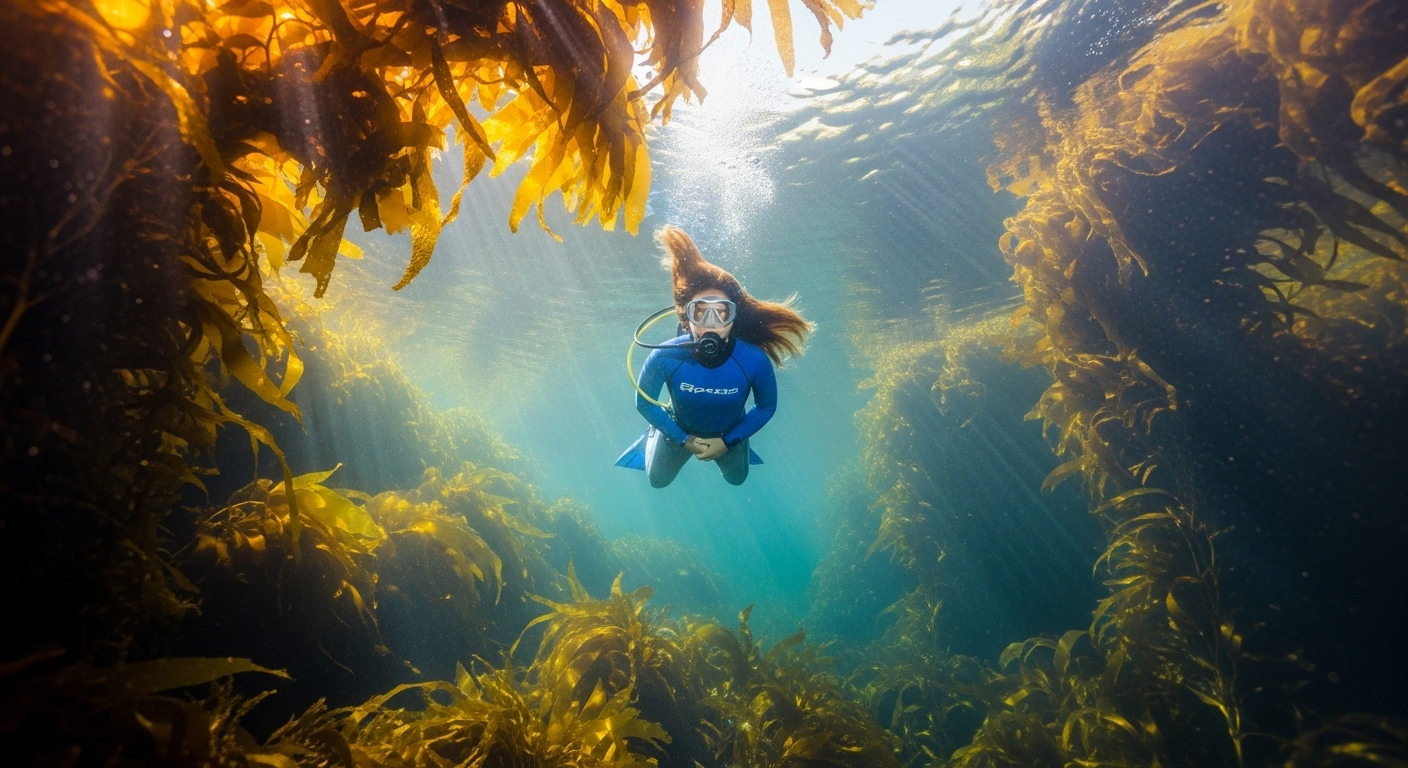Aquatics: Exploring the World of Water
In a world where land dominates our daily lives, the vast expanses of water that cover our planet often go unnoticed. Aquatics, the study and exploration of water environments, brings to light the incredible diversity and importance of these aquatic ecosystems. From the smallest pond to the depths of the ocean, aquatics encompasses a wide range of disciplines and activities that help us better understand and appreciate the watery wonders of our world.
History of Aquatics
The history of aquatics dates back to ancient times when early civilizations relied on water for survival and transportation. Ancient cultures such as the Egyptians, Greeks, and Romans recognized the importance of water and developed sophisticated systems for managing and utilizing it. Over time, aquatics evolved from a practical necessity to a field of scientific inquiry and recreational enjoyment.
Significance of Aquatics
Aquatics plays a crucial role in maintaining the health of our planet. Water is essential for all living organisms, and aquatic ecosystems are home to a vast array of plants and animals. These ecosystems provide essential services such as water purification, flood control, and climate regulation. Additionally, aquatics is a vital source of food, energy, and recreational opportunities for millions of people around the world.
Applications of Aquatics
Aquatics has a wide range of applications in various fields, including environmental science, conservation, engineering, and recreation. Scientists study aquatic ecosystems to better understand the impacts of pollution, climate change, and other human activities on water quality and biodiversity. Aquatic engineers design and build structures such as dams, bridges, and wastewater treatment plants to manage water resources and protect communities from flooding. Recreational activities such as swimming, boating, and fishing provide opportunities for people to connect with nature and enjoy the beauty of aquatic environments.
Future Trends in Aquatics
As our planet faces increasing environmental challenges, the future of aquatics will be shaped by efforts to protect and preserve water resources. Sustainable water management practices will be essential to ensure the long-term health of aquatic ecosystems and the well-being of human populations. Advances in technology, such as remote sensing and data analytics, will provide new tools for monitoring and managing water resources. Collaborative efforts between scientists, policymakers, and communities will be key to addressing complex issues such as water scarcity, pollution, and habitat destruction.
Conclusion
Aquatics offers a fascinating window into the hidden world of water, revealing the interconnectedness of all life on Earth. By studying and appreciating aquatic ecosystems, we can gain a deeper understanding of our planet’s natural systems and work towards a more sustainable future. Whether diving into the depths of the ocean or simply enjoying a swim in a local lake, aquatics provides endless opportunities for exploration, discovery, and wonder. Let us continue to cherish and protect our water resources for the benefit of current and future generations.



